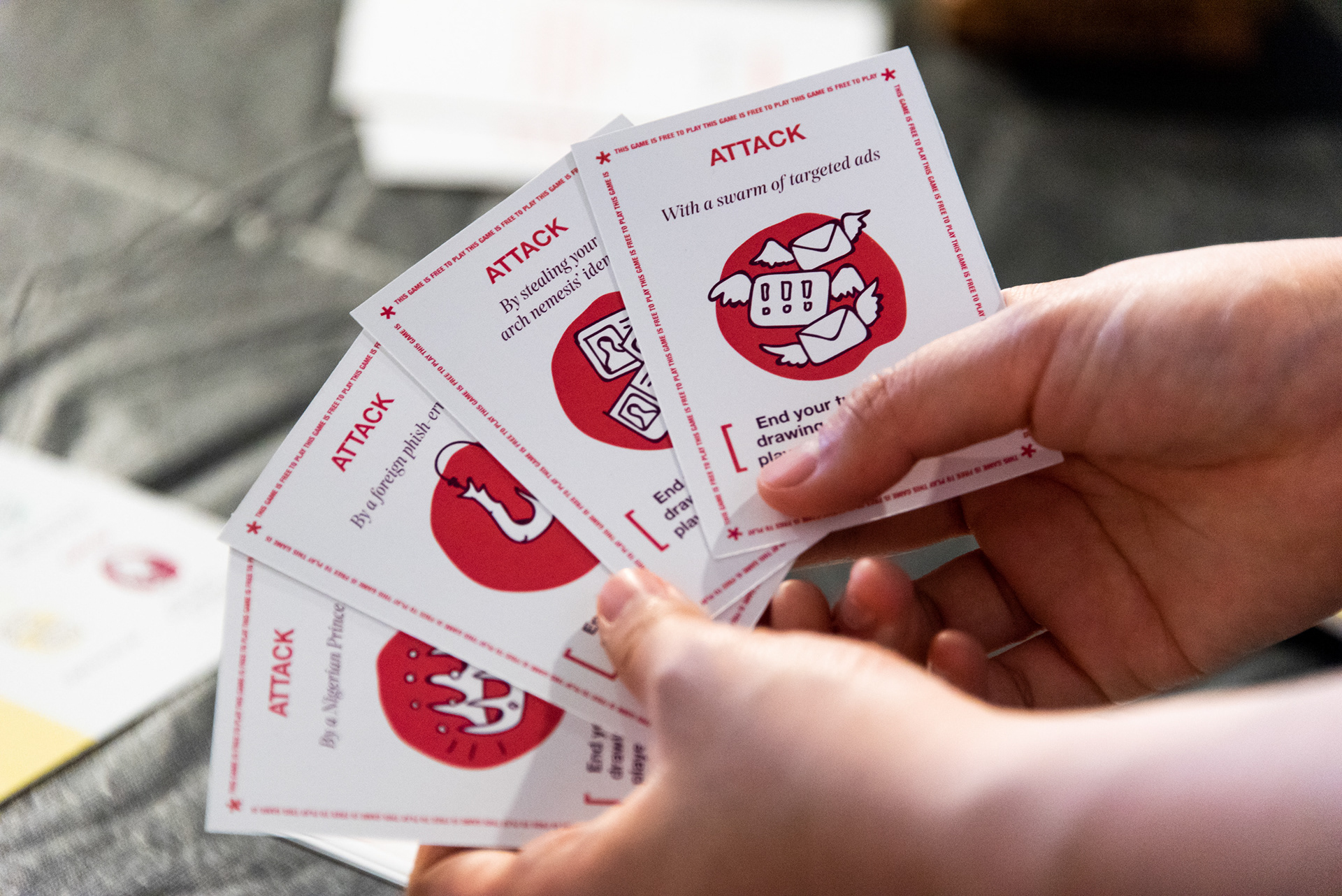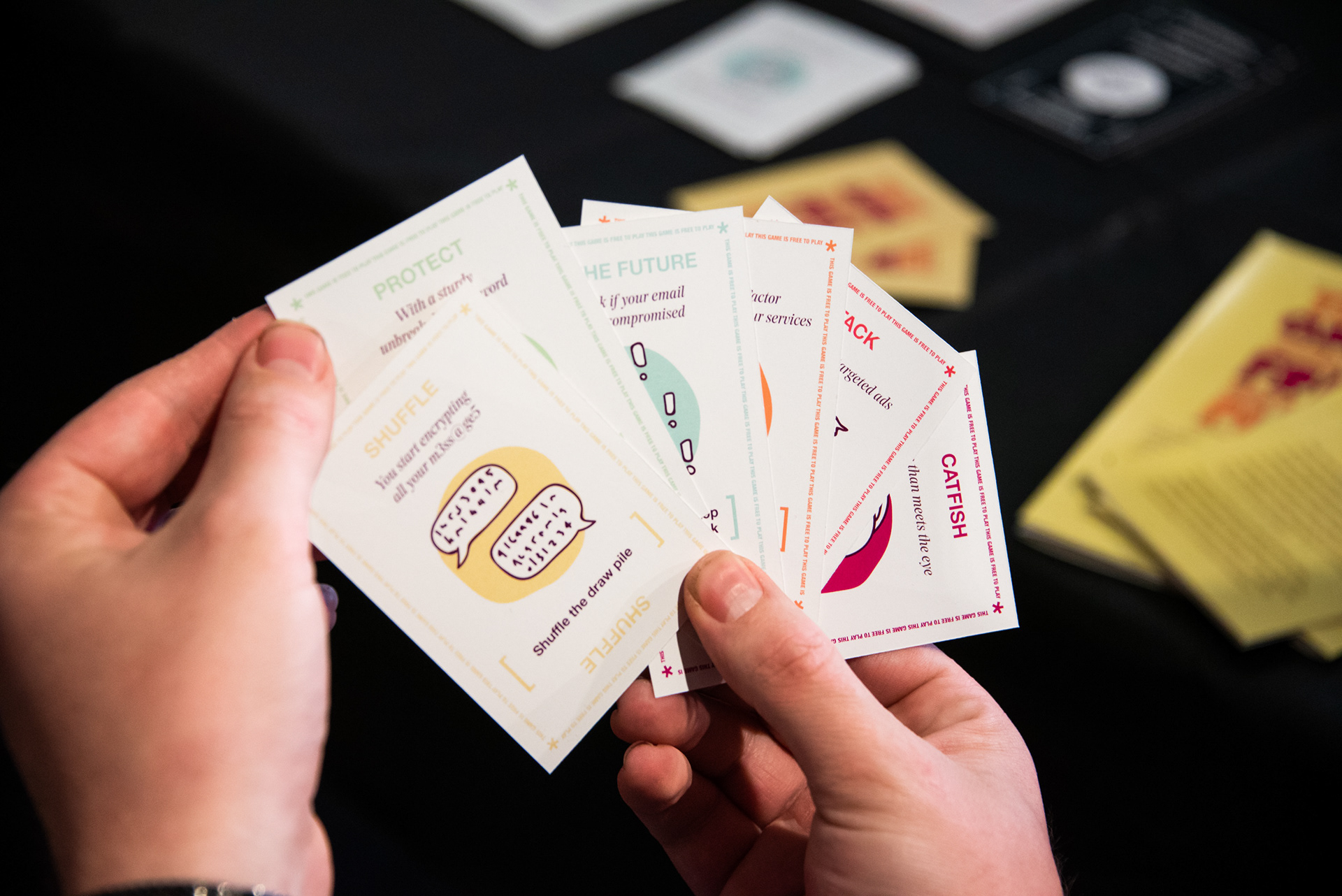In collaboration with Adrian Chin Quan, Sarah Choo, Jack Henry & Joshua Clarkson
How might we educate users on the negative implications of personal data sharing so they will take preventative measures to protect themselves?
Role: Designer & Art Director
Team: Designer, Illustrator, Communications Manager, Copywriter
Client: Personal project
The problem
We live in an age where it's impossible not to leave a digital footprint. Personal data has become the currency we pay service providers in order to use their 'free' online products and services. From creating enhanced user experiences, to market insights, to targeted advertising, personal data can also be used against the consumer. Examples include influencing user behaviours from purchases, reinforcing political and social echo chambers, to identity theft and fraud.
The insight
Our research found many users are apathetic about their own data privacy and remain 'blissfully ignorant' to potential consequences. Often users don't care about the severity of the consequences until it happens to them.
The solution
'Terms & Conditions: Is Your Data Decent?' aims to highlight the negative implications of personal data sharing and ultimately encourage users to take preventative measures to protect their own personal data. Our team utilised a three-tiered approach: A witty and playful poster campaign to initially facilitate audience engagement with the issue, adaptations of popular table games that immersed participants in their own metaphorical data breach, and a final call-to-action Data Privacy Checklist that provided various measures of data protection.
We developed two games: 'This Game is Free* to Play' and How Long Can You Last?*, both aimed to create the ‘Oh Sh*t!’ moment for the audience. After observing the natural tension created by the game formats of Jenga and Exploding Kittens, we adapted these games and recontextualised them in the context of a user getting data breached. We altered the games to move them along more rapidly and emphasise precariousness, additionally creating scenario cards that centered on relatable personal data security issues and the consequences. Our aim was to immerse the user in the metaphorical ‘house of cards’ that personal data security often is, and the inevitability of its downfall.



